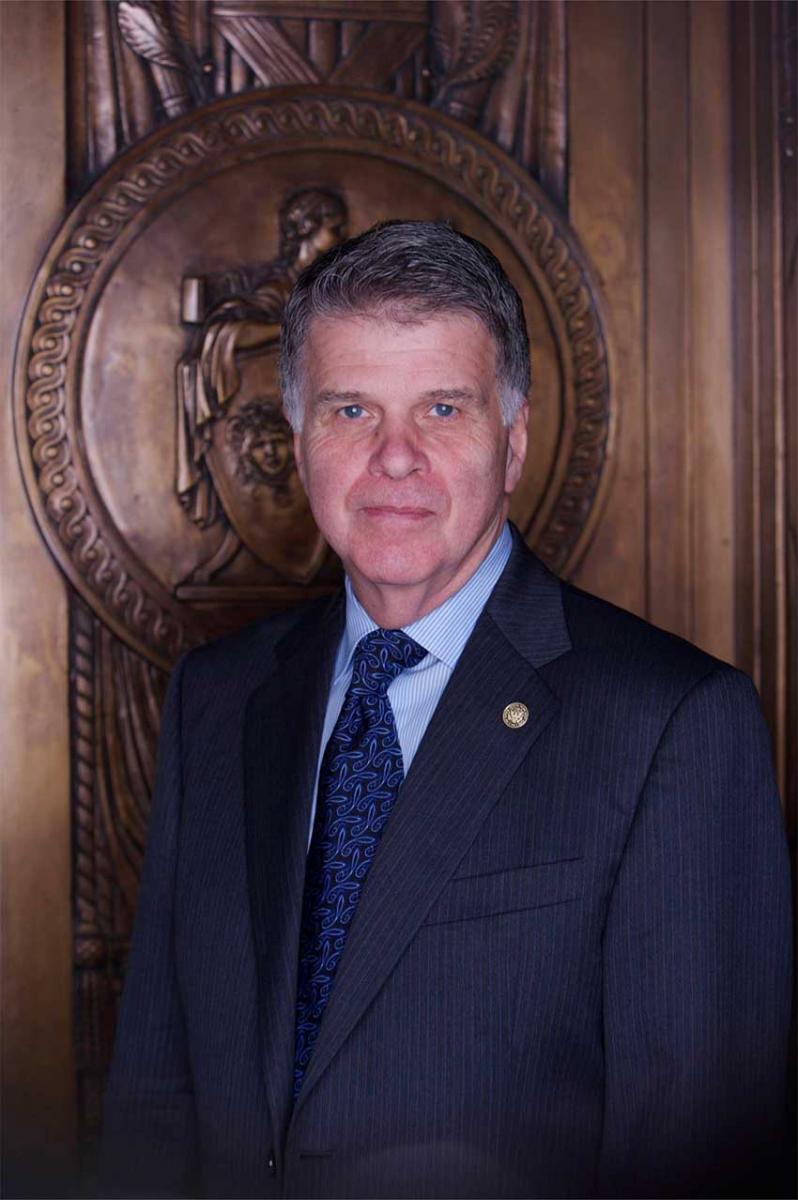
Prepared remarks of Archivist of the United States David S. Ferriero for the conference, “Future of the South.” Washington, DC
October 5, 2010
Good morning. I am David Ferriero, Archivist of the United States, and I want to welcome all of you to the National Archives for today’s symposium on “The Future of the South.”
Throughout our nation’s history, “The South” has meant much more than a geographical area. The region has had a strong identity in American history, literature, and popular culture that has endured wartime upheavals, natural disasters, and economic ups and downs. Today we look forward to a lively and insightful discussion of the directions that the South’s environment and culture may take in the near future.
Several inscriptions appear on the walls and statuary of this building. One, on the pediment of the figure representing “the Future,” is particularly well known: “What is past is prologue.” Another, below the figure of “Heritage,” tells us that “The Heritage of the Past is the Seed that Brings Forth the Harvest of the Future.”
To make thoughtful and well-informed decisions about future actions, it’s imperative to know how and why we got where we are. We learn from our successes and—especially—from our mistakes. And the stories of those past actions are told in documents in archives and libraries across the nation, including the National Archives of the United States.
Here you will find records on responses to natural and manmade disasters, photographs of the state of the environment at various periods of time, documentation of technological innovations, court case files that document the arguments and evidence of decisions that affected numbers of Americans, and written and visual records of our culture and heritage, and so much more.
Our mission is to protect and make available the records of the United States and to promote their use. The National Archives has a long history of hosting gatherings such as today’s symposium to encourage further exploration of the records. We want people to use these records and share their discoveries so that our collective knowledge is enriched. Similarly, your discussion today should not be confined by these walls but should continue and grow even after you leave this theater.
I’d like to thank Oxford American Magazine and its publisher, Warwick Sabin, for their part in organizing this conference. Mr. Sabin is a Marshall Scholar and a Truman Scholar, and he holds an M.A. in Philosophy, Politics and Economics from Oxford University. In 2009 he was named to the FOLIO:40, a list of the 40 most influential people in the national magazine industry. Previously he worked on Capitol Hill, at the White House, at the U.S. Embassy in London, and at Foreign Affairs magazine. Ladies and gentlemen, please welcome Warwick Sabin.
After Mr. Sabin spoke, the Archivist returned to the podium.
We’re honored today to have as our keynote speaker Governor Robert McDonnell of Virginia.
Governor McDonnell grew up locally, just across the river in Fairfax County. The son of an Air Force lieutenant colonel, he attended the University of Notre Dame on a full Army ROTC scholarship. Upon graduation in 1976 he went on active duty in the U.S. Army until 1981. Altogether, he served 21 years on both active duty and in the reserves, retiring as a lieutenant colonel.
After living in several cities in the Midwest, working his way up the corporate ladder, he returned to Virginia and earned a master’s degree in public policy and a law degree. He entered public service first as a prosecutor in the Virginia Beach Commonwealth’s Attorney’s Office and then won election to the Virginia House of Delegates in 1991. He was elected Attorney General in 2005, and in 2009 he was elected Governor of Virginia.
He serves as the Commonwealth’s 71st governor—a line stretching back to Patrick Henry in 1776.
Ladies and gentlemen, please welcome Governor Robert McDonnell.
 The Archivist of the United States is the head of our agency, appointed by the President of the United States.
The Archivist of the United States is the head of our agency, appointed by the President of the United States.